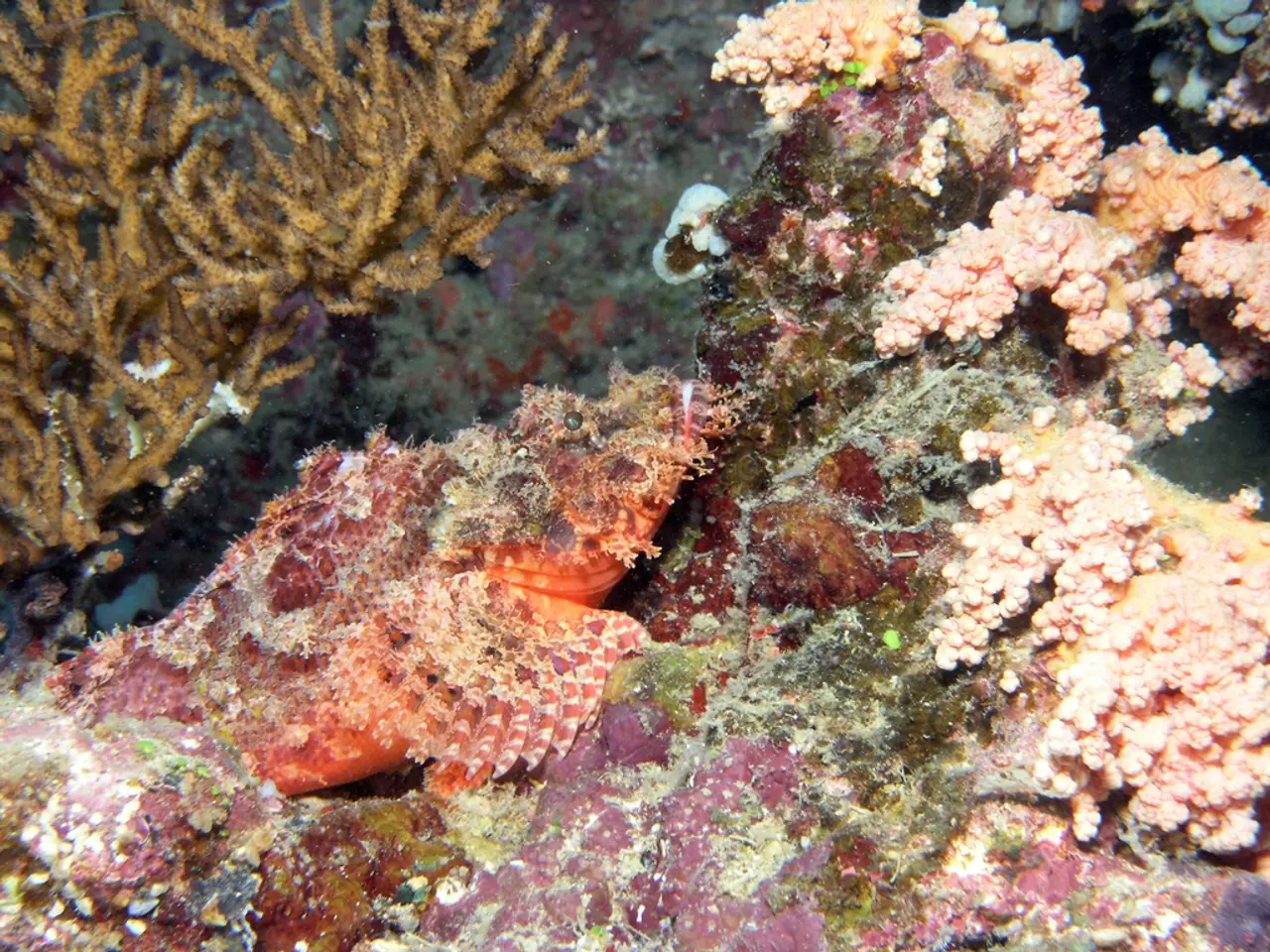Seawater Treatment: 5 Advantages of Hydrotherapy with Seawater
Thalassotherapy, a therapeutic approach popular in Europe, particularly Germany and France, has been making a comeback in modern integrative medicine and wellness resorts. This ancient practice, with roots dating back to the Greeks and Victorian spa retreats, involves bathing in seawater or seawater-enriched pools and has been scientifically linked to various health benefits.
Muscle Recovery and Anti-Inflammation
The anti-inflammatory properties of saltwater are one of the key reasons behind the muscle recovery benefits of thalassotherapy. After exercise, the body can experience muscle soreness and fatigue. Saltwater, with its anti-inflammatory properties, helps to alleviate these symptoms [3]. Additionally, the hydrostatic pressure from water immersion promotes better circulation (venous return) and eases joint pain, benefiting conditions like arthritis and mobility issues [3].
Magnesium Absorption and Sleep Improvement
Magnesium-rich seawater or salt pools used in thalassotherapy can be absorbed through the skin, aiding muscle recovery, alleviating muscular cramps linked to magnesium deficiency, and improving sleep quality. A recent experience reported by wellness advocate Mira Kapoor highlighted the relaxing and sleep-enhancing effect of magnesium pool thalassotherapy [1].
Reduction of Joint Stiffness and Inflammation
Mud and saltwater treatments in spa settings have been shown to reduce joint stiffness and inflammation while promoting muscle relaxation [5].
Mental Wellness and Stress Reduction
Thalassotherapy's soothing environment combined with hydrotherapy principles contributes to unwinding and mental health support, potentially reducing anxiety and stress levels. However, direct rigorous clinical trials on psychological effects are limited [1][3].
Despite the numerous potential benefits, it's important to note that robust large-scale clinical trials specifically isolating thalassotherapy’s efficacy remain limited. Most supporting data come from observational reports, smaller studies, and traditional practice experience in wellness contexts.
In conclusion, scientific evidence supports thalassotherapy benefits primarily through mineral absorption (notably magnesium), anti-inflammatory effects of seawater, hydrostatic pressure improving circulation, and resulting muscle and joint relief, as well as improved sleep and mental relaxation. However, further rigorous research is required to confirm and quantify these effects systematically.
As always, it's best to consult a doctor before trying any supplement or alternative therapy, as natural treatments are not necessarily safe. Additionally, spending too much time in the sun can result in sunburn if a person does not protect their skin, and bathing in the open sea or in saltwater pools can pose a risk of getting caught in strong tides or drowning.
References:
- Kapoor, M. (2022). Personal Experience with Thalassotherapy. [Blog Post]. Retrieved from https://www.mirakapoor.com/blog/thalassotherapy
- Thalassotherapy: A Comprehensive Guide. (2021). [Webpage]. Retrieved from https://www.wellnessresort.com/thalassotherapy
- Thalassotherapy: Benefits, Types, and History. (2020). [Webpage]. Retrieved from https://www.healthline.com/health/thalassotherapy
- Thalassotherapy: The Healing Power of the Sea. (2019). [Review]. Retrieved from https://www.ncbi.nlm.nih.gov/pmc/articles/PMC6722893/
- The Effects of Thalassotherapy on Musculoskeletal Conditions. (2018). [Study]. Retrieved from https://www.ncbi.nlm.nih.gov/pmc/articles/PMC6083532/
- Seawater Composition and Health Benefits. (2018). [Webpage]. Retrieved from https://www.oceanservice.noaa.gov/education/kits/seawater/health.html
Thalassotherapy, with its mental health benefits gained from a soothing environment and hydrotherapy principles, may contribute to reducing anxiety and stress levels [Mental Wellness and Stress Reduction]. The skin-care aspect of thalassotherapy is also evident as magnesium-rich seawater or salt pools can be absorbed through the skin, aiding muscle recovery, alleviating muscle cramps, and improving sleep quality [Magnesium Absorption and Sleep Improvement]. Furthermore, thalassotherapy therapies and treatments encompass skin-care practices like mud and saltwater treatments designed to reduce joint stiffness and inflammation while promoting muscle relaxation [Reduction of Joint Stiffness and Inflammation].




